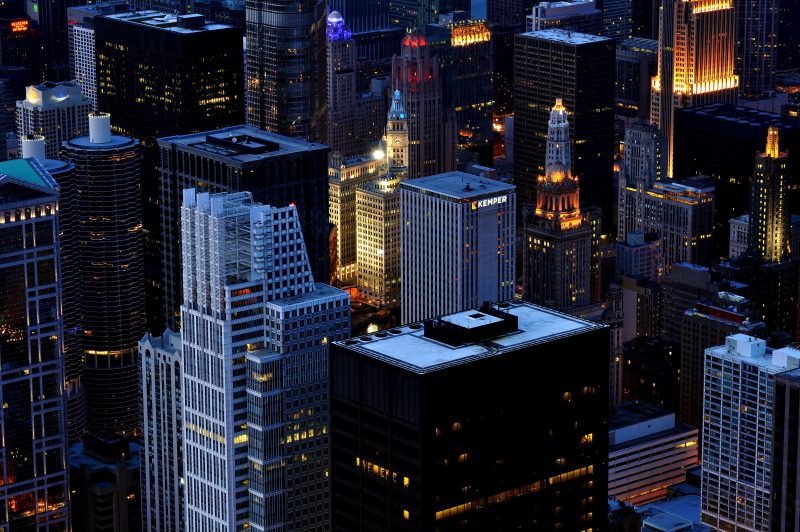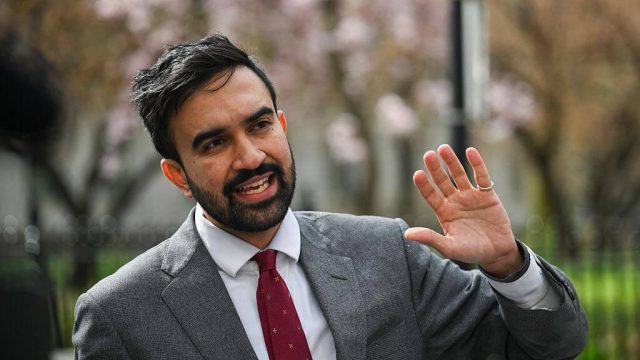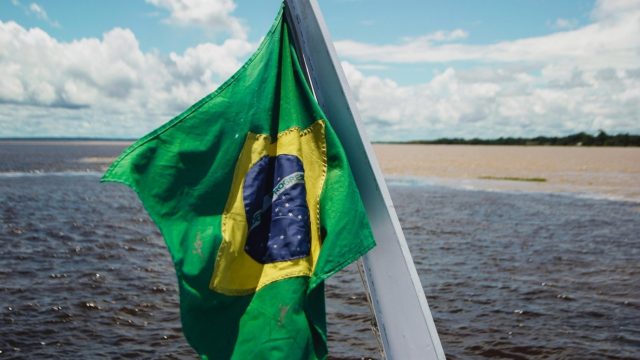Even big business is going beyond GDP

Fifty years after his death, Bobby Kennedy’s ghost loomed large in the corridors of Davos last month. In a campaign speech shortly before his assassination, Senator Kennedy said that GDP ‘measures everything except that which makes life worthwhile’. Half a century later, the world’s most powerful business leaders have reached the same conclusion.
This week the World Economic Forum – the global corporate elite’s annual get-together in the mountains of Switzerland – admitted that the prioritisation of economic growth at the expense of everything else has led to some unexpected problems. “Decades of prioritizing economic growth over social equity has led to historically high levels of wealth and income inequality”, they declared. “Policymakers should not expect higher growth to be a panacea for the social frustrations that have roiled the politics of many countries in recent years.”
WEF argue that a blinkered focus on GDP as the sole measure of progress has distracted policymakers from serious risks building up in our economies – social alienation, climate change, and biodiversity collapse to name a but few. Indeed, diagnosing the economy on GDP alone is like taking a patient’s pulse, but failing to check if they can see, eat or stand up.
“ Decades of prioritizing economic growth over social equity has led to historically high levels of wealth and income inequality. Policymakers should not expect higher growth to be a panacea for the social frustrations that have roiled the politics of many countries in recent years.”
To address this, WEF has launched its own new index of economic progress – and it’s actually pretty good. Their diagnosis of a healthy economy reaches beyond productivity and earnings alone, to also consider social progress – including the size of the income and wealth gap – and environmental protection, including carbon intensity and the preservation of natural assets. So, in the language of economists, the WEF index looks beyond mere financial capital, to include social and natural capital.
All this marks a big step forward. But, before we sound the trumpets, a note of caution is needed. Because the new WEF index, while a good start, massively underestimates the scale of the problem.
Not all capitals are created equal
In a recent report commissioned by the Green Economy Coalition, a team of Oxford economists found compelling evidence that national wealth, in the broadest sense, may be far more dependent on healthy natural systems than we’d thought. In short, without a flourishing natural capital base (healthy soils, water, air and the rest), neither human or financial value is possible.
But most economic models – including the new WEF metrics – continue to downplay or ignore the interactions between the different capitals. Such models assume that natural capital can easily and indefinitely replaced by man-made value: that technological solutions, for example, can replace our economic dependency on the natural world. This turns out not to be true.
Natural capital metrics are deeply flawed
Second, and more starkly, the economists showed that natural capital is not being accurately measured or valued. When it comes to nature, we simply don’t have much data to guide us, especially in the context of ecological tipping points and thresholds.
In part, this is because it is difficult to model and measure complex ecological systems. But it’s also because things like pollination, clean air, and healthy soils are effectively valued as worthless by most economic models. Since these essential natural capitals are poorly understood and inadequately measured, they are assigned no value in traditional economics. And, as any traditional economist will tell you, things that are priced at zero will be over-consumed.
Despite the best efforts of ecological economists, the real value of natural capital is still being wildly underestimated, if not ignored outright. Our research concludes that while natural capital is essential for our economies, most estimates of the state and value of this most precious asset are deeply flawed. As a result, governments have no way of knowing the status of their most important asset. They are, in effect, flying blind.
Getting practical
WEF’s belated recognition that obsession with GDP has distracted decisionmakers from far more pressing challenges is welcome, but more needs to be done. Happily, the way forward is clear. Competent economic management depends on decision makers understanding the status of their greatest asset – nature. Measuring, and valuing, the stocks and flows of natural capital must be a top priority. Many countries are already leading the way - from the UK’s Natural Capital Committee, an independent advisory group that reports straight into Treasury, to the proposed Natural Capital Law in Costa Rica.
As countries go “beyond GDP”, it is key that they are guided by common outcomes. For the first time in history, we now have an agreed benchmark of what constitutes a healthy, fair and green economy. The UN’s Sustainable Development Goals, agreed by all nations, should provide the ultimate benchmark by which governments and companies can grade their performance.
Conclusion
Fifty years ago, Robert Kennedy decried GDP figures that were inflated by “air pollution and cigarette advertising… the destruction of the redwood and the loss of our natural wonder in chaotic sprawl… napalm and nuclear warheads and armoured cars for the police.” His words remain grimly prescient. Yet perhaps the news from Davos is a sign that the business elite is finally coming around to a truth Kennedy knew all along: that the single-minded pursuit of economic gain is no basis for a sane, safe, civilised society.
Emily Benson
Photo by Alex Shutin on Unsplash


